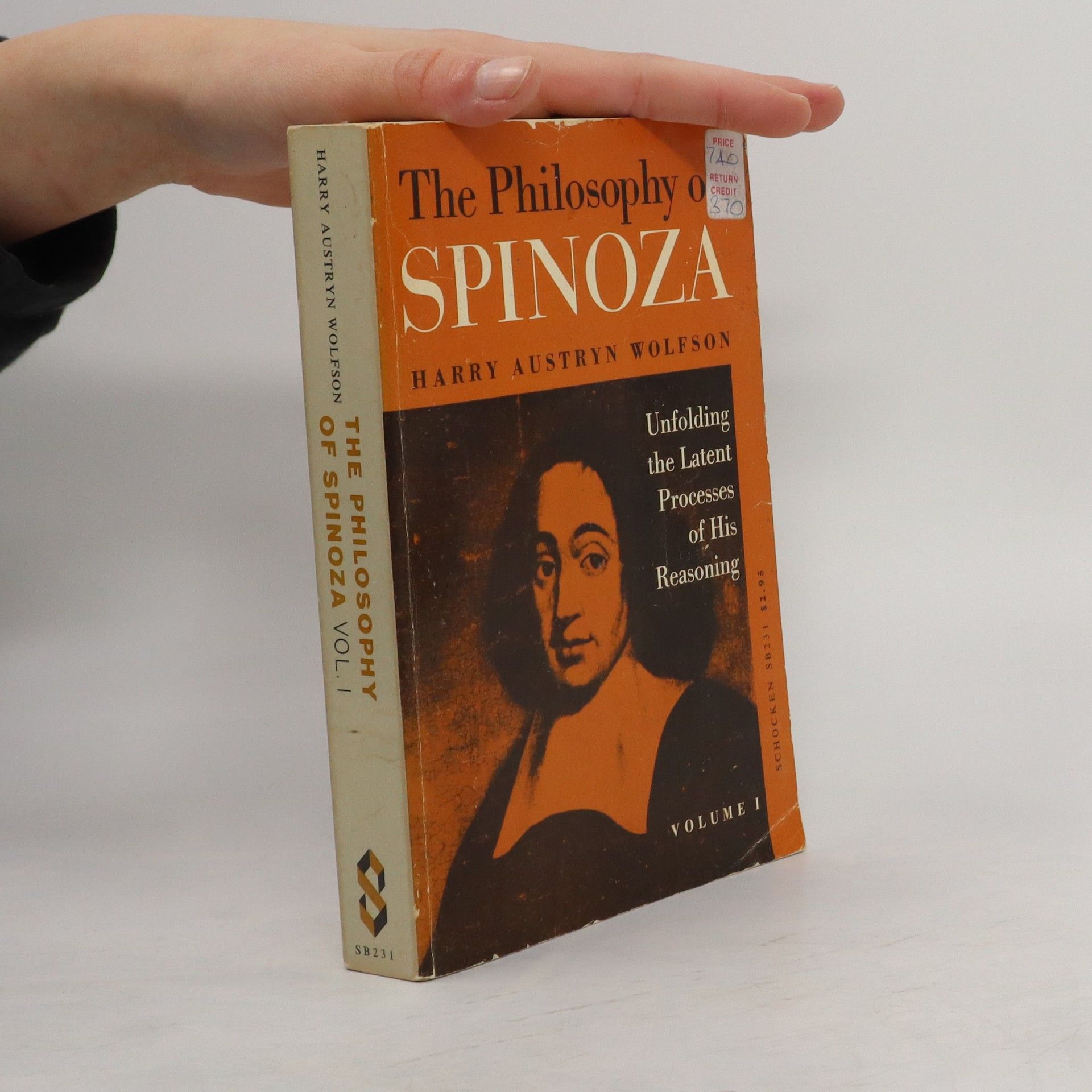Exploring the profound ideas of Spinoza, this work delves into his philosophical concepts, including the nature of reality, the divine, and human emotion. It examines Spinoza's influence on modern thought and his unique approach to ethics and metaphysics, presenting a comprehensive analysis of his theories and their implications for understanding existence and knowledge. Through critical insights, readers gain a deeper appreciation of Spinoza's contributions to philosophy.
Harry Austryn Wolfson Livres
Ce savant, philosophe et historien, basé à l'Université de Harvard, est surtout connu pour son œuvre fondamentale sur le philosophe juif Philon. Sa production prolifique s'est cependant étendue bien au-delà de la judaïca, englobant la philosophie chrétienne, islamique et occidentale. La contribution la plus significative de Wolfson fut peut-être son démantèlement des barrières artificielles qui avaient isolé l'étude de ces différentes traditions philosophiques. Il a également représenté la réalisation des objectifs du mouvement Wissenschaft des Judentums du XIXe siècle, en tant que premier érudit en judaïque à construire une carrière complète dans une université américaine de premier plan.
